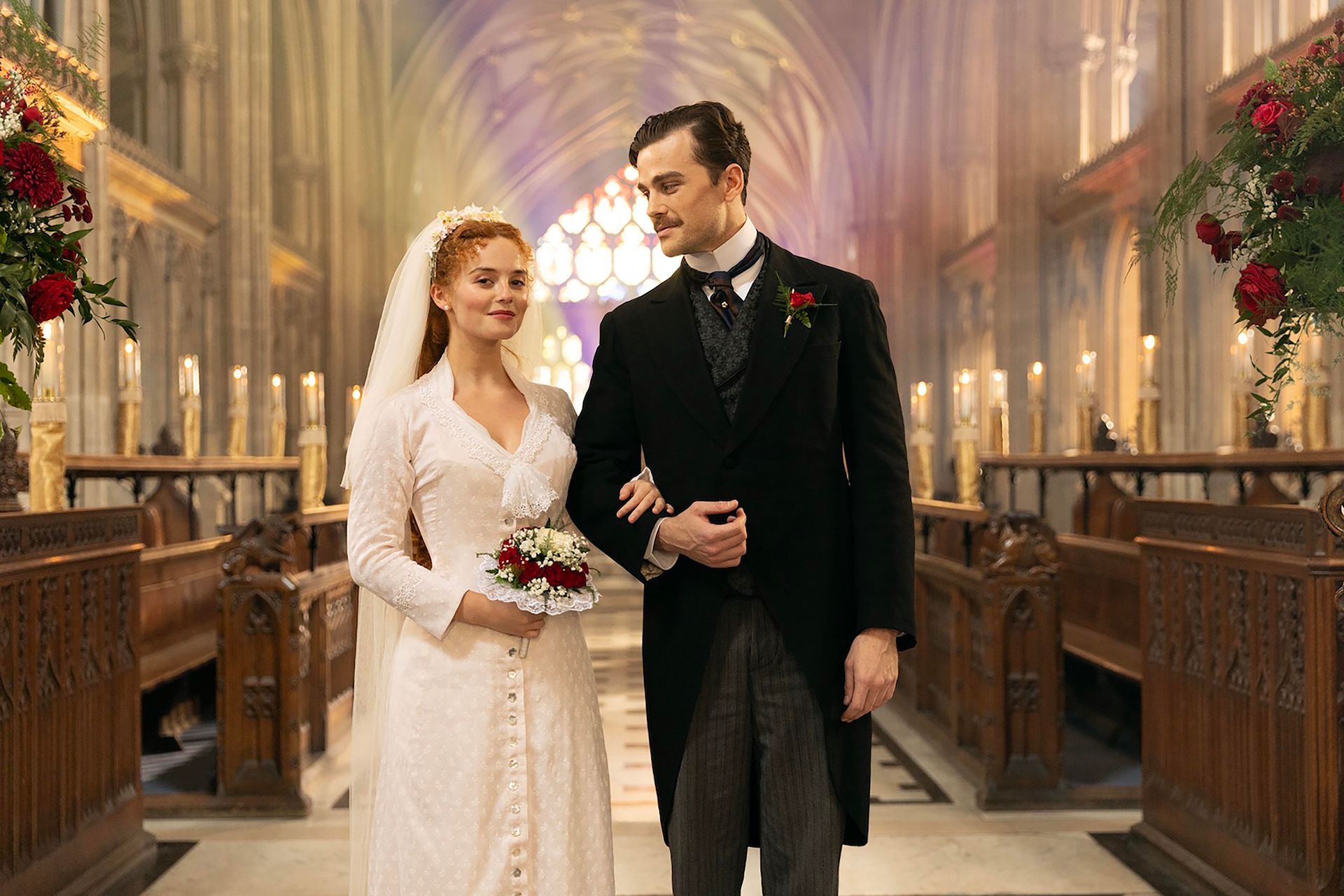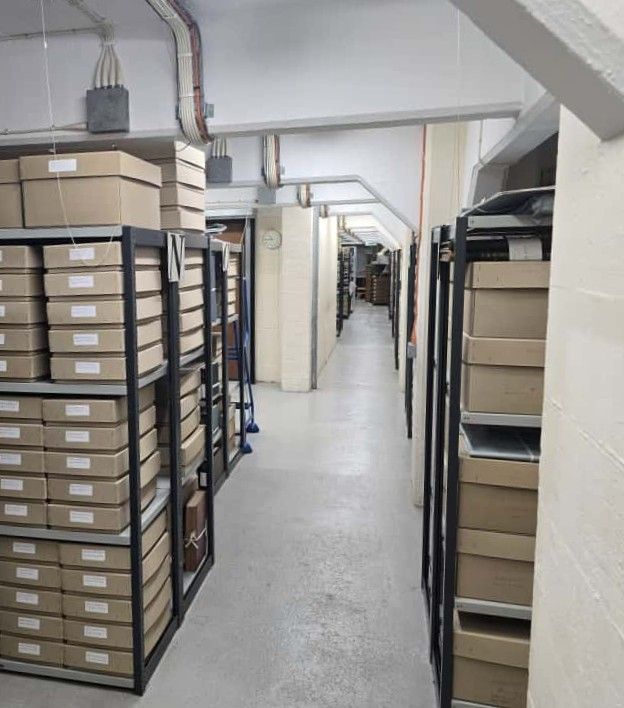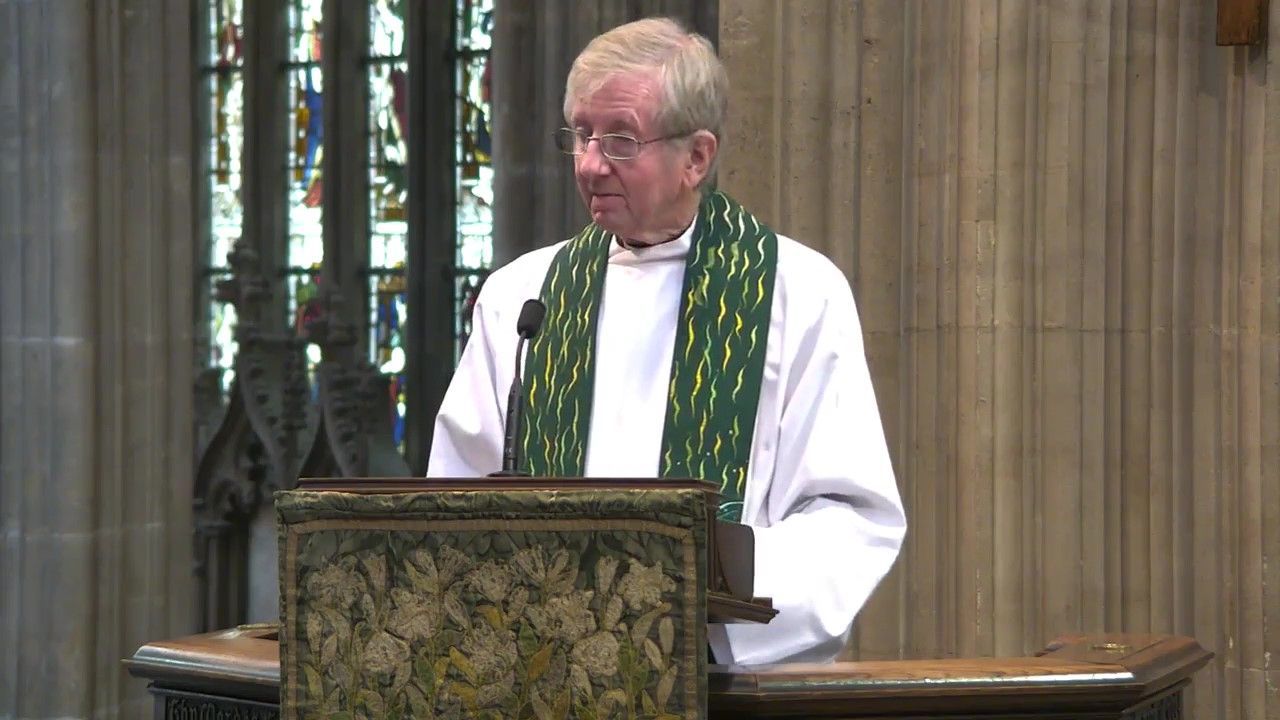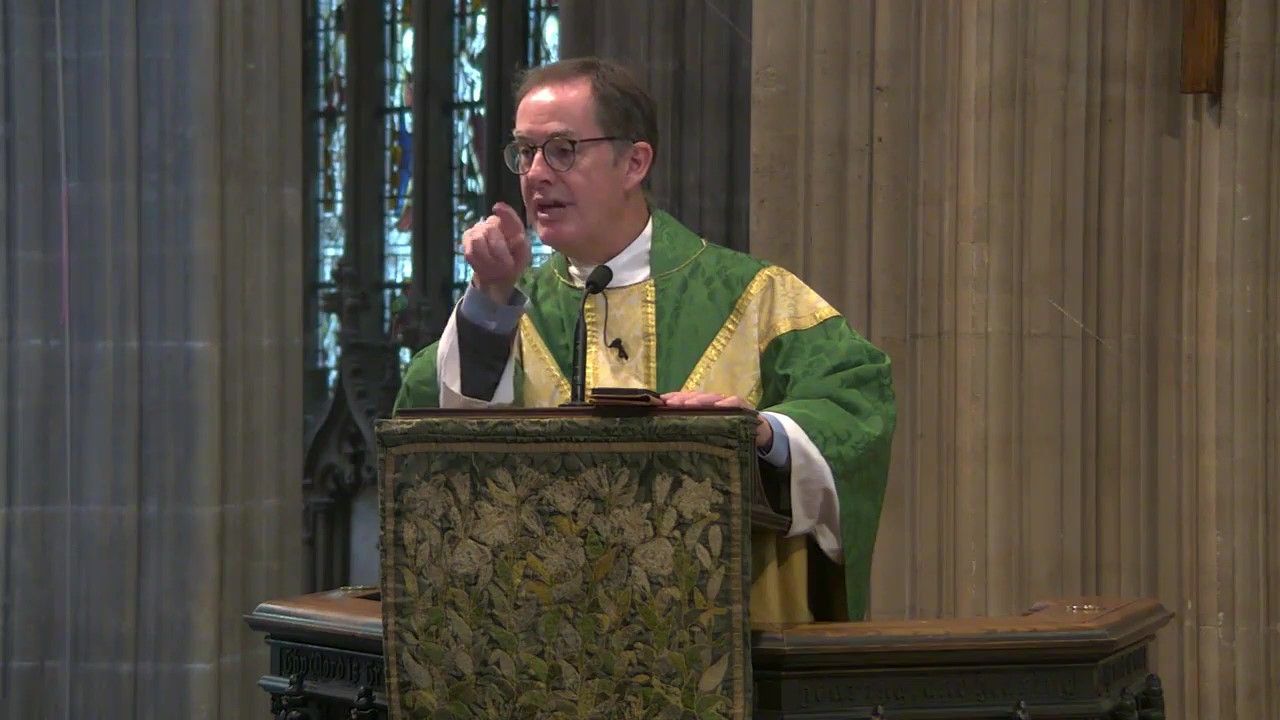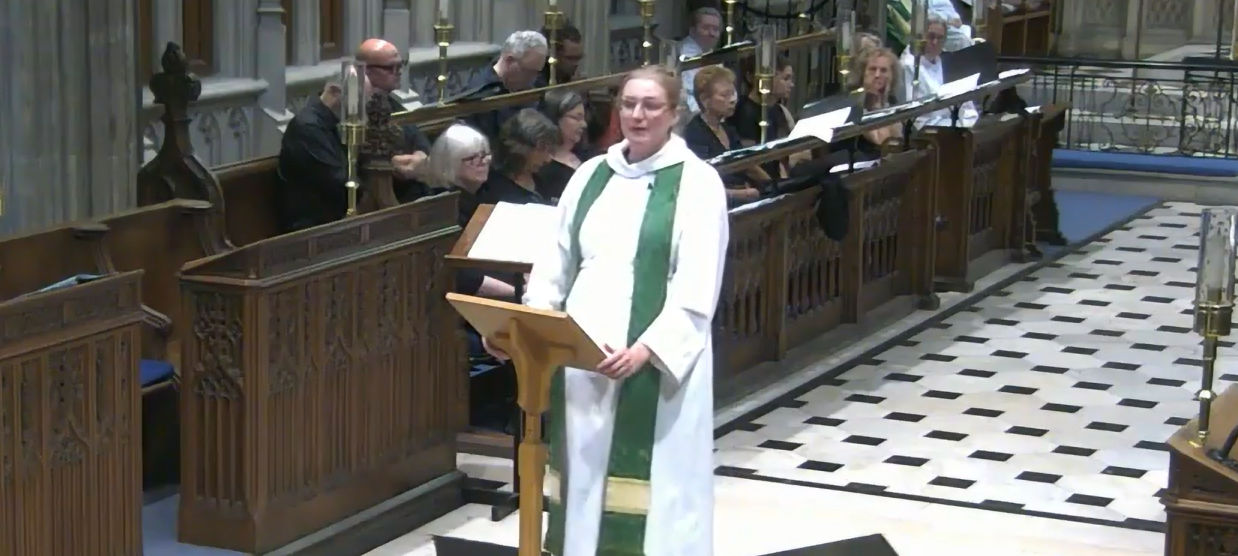That they may be one
One of the great coronation anthems, Parry's "I was glad", builds to significant moment when the choir sings
Jerusalem is built as a city that is at unity in itself.
The words of that anthem are taken from Psalm 122 which was probably written about a thousand years before the birth of Jesus. Jerusalem was not at unity in itself then, and three thousand years later that city remains more a symbol of division and conflict than unity and peace.
The yearning for unity, named by the psalmist and prayed for still, is central to our understanding of our faith: and not just the unity of Jerusalem.
In Sunday's gospel reading (John 17. 1- 11) Jesus is speaking with his disciples at the Last Supper. Shortly, they will leave the upper room and head across the Kidron valley to the Garden of Gethsemane. In that garden we will witness, not just an act of betrayal, but evidence that even Jesus' closest friendship group was not "at unity in itself" when Judas approaches Jesus with a "detachment of soldiers together with police from the chief priests and the Pharisees ... with lanterns and torches and weapons".
Some people probably get disheartened when pondering our inability to enjoy unity with one another. There is certainly a lot of disunity about which is very disheartening: in UK politics, in world conflicts, in climate change and, of course, closer to home in the Church of England. Whilst the House of Bishops has approved the idea of prayers and blessings for same sex unions, many of our Anglican sisters and brothers are outraged: some because this is a step too far and others because it doesn't go far enough!
Whatever our differences, wherever we see evidence of disunity, there is one place that symbolises that unity which is the will and the gift God has for us - and its cost. That is at Communion.
When the president ... we use that term now to demonstrate that the priest at the altar is not a pair of 'magic hands' but someone presiding over the prayers of the whole people of God gathered in that church
When the president holds up the large wafer and snaps it into two and then into smaller pieces, these words are often said:
We break this bread to share in the body of Christ.
Though we are many, we are one body,
because we all share in one bread.
Beyond the distinctions of class, colour, income, status, race, language, skills, gender, sexuality, favourite flavour ice-cream
... beyond all those distinctions and divisions which we have created over centuries and perpetuate every day
... beyond all that "we are one body because we share in one bread"
And we can only do that when and because the bread is broken.
Our unity in Christ comes at a cost: and we see the price of that cost in the broken body on the cross.
If that is the cost of our unity in Christ, it's not surprising that it is hard to pay the price of being "a city that is at unity with itself" - let alone a nation, a world, a creation, a cosmos!
Dan Tyndall
18 May 2023
